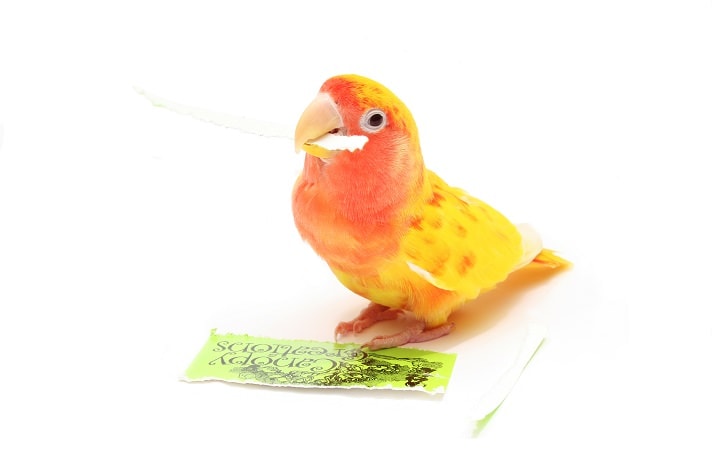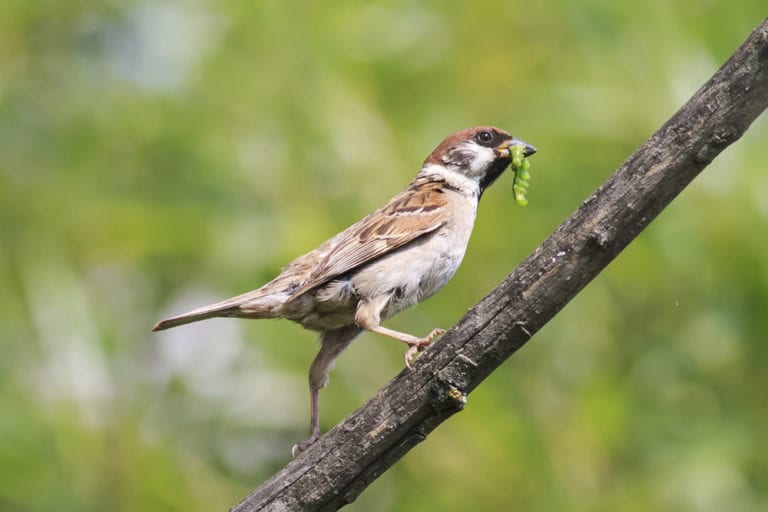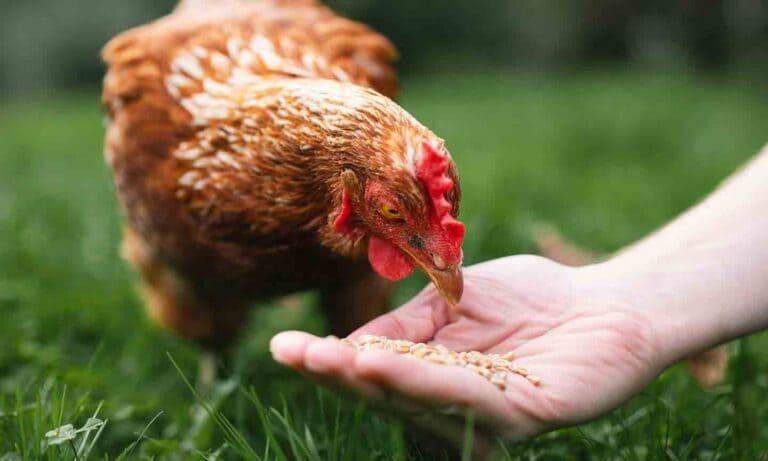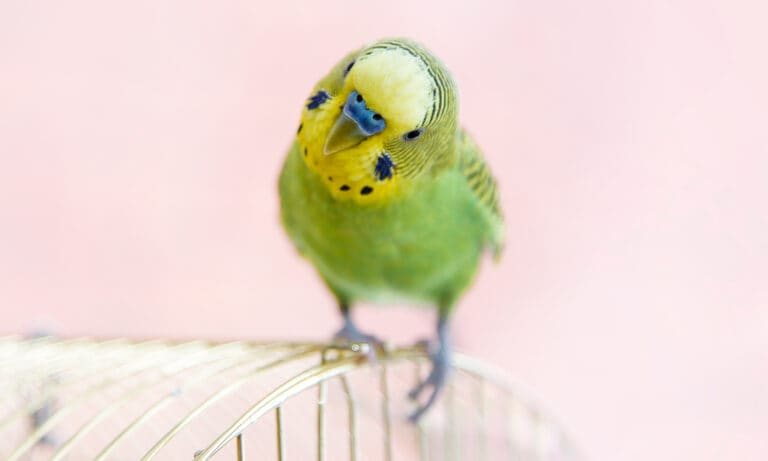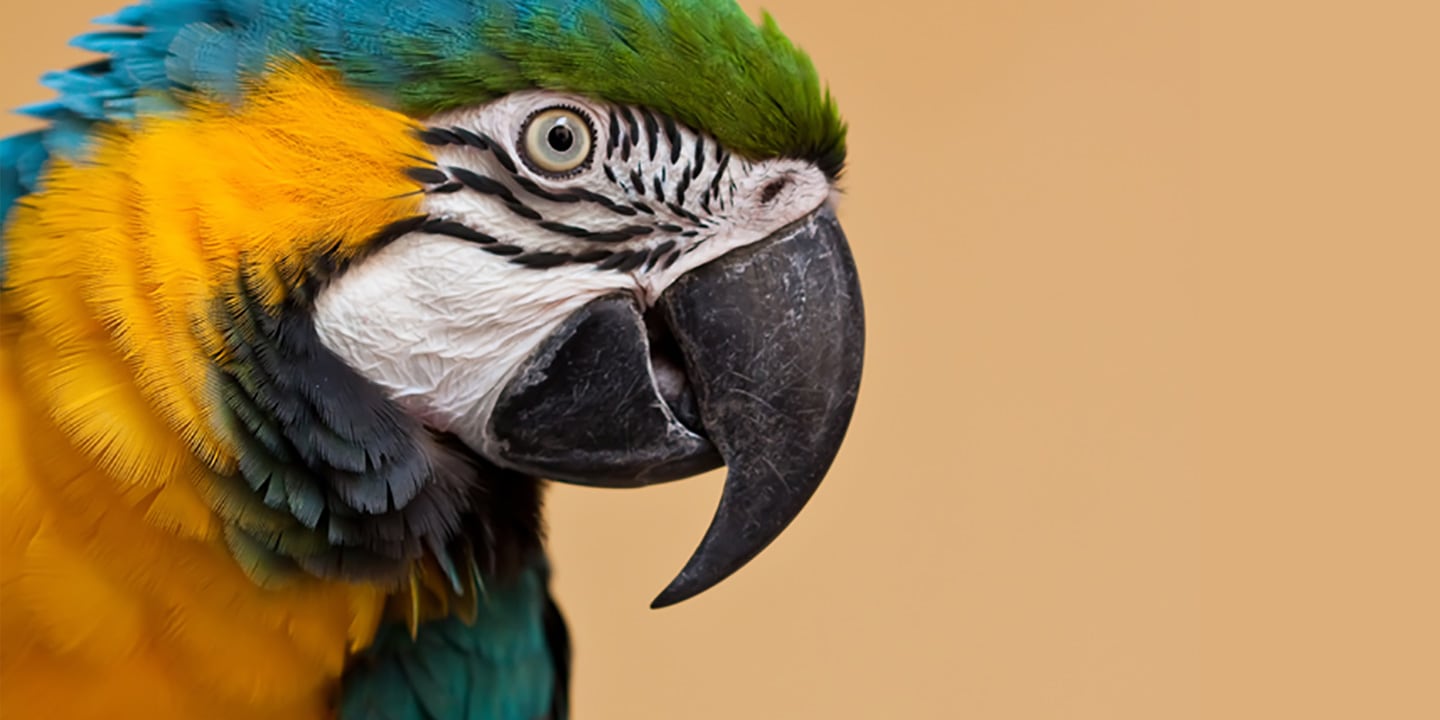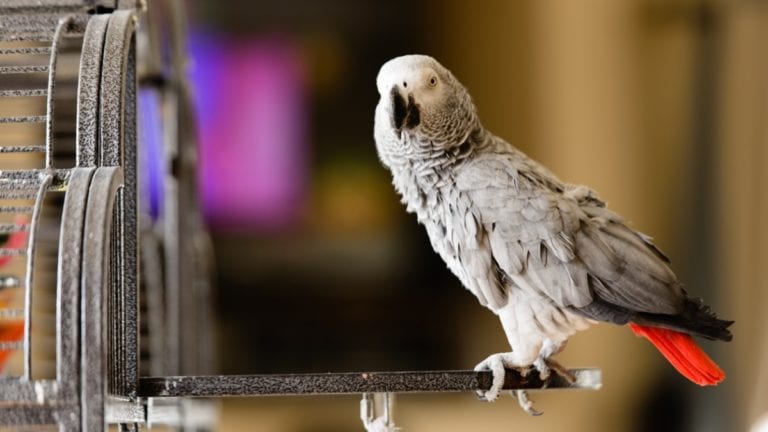Q.
My cockatiel loved to destroy/chew cardboard rolls from paper towels, toilet tissue, etc. One was in the cage when I brought my bird to the vet for a checkup. He pointed out that paper, if eaten, becomes impacted and is not digestible, and the bird could die. Is this true?
A.
To understand the ingestion of foreign objects, such as paper, in birds, we must first look at some bird behaviors. Birds are very inquisitive by nature, and they tend to explore everything with their beaks. Wild parrots must know instinctively, or by watching other parrots in the flock, what is OK to eat and what to avoid.
In a natural setting, unless a bird is exposed to unnatural toxins, debris or refuse from humans encroaching on its environment or non-native plants, it is not likely to be in danger from the ingestion of dangerous material. But in captivity, we are responsible for monitoring everything in our bird’s environment and must always use common sense and our bird knowledge when choosing safe bird cages, toys, perches and food items.
Most Birds Do It
If paper ingestion was a big problem among pet birds, we would see thousands of cases reported in veterinary literature, because paper is commonly found in the environment of many pet birds. For example, many cages and playgyms are lined with newspaper, butcher paper, paper towels or shredded paper, and not all cages have a grate to keep birds away from the cage substrate. Other birds make a habit out of pulling the paper up through the grate in order to play with it. Birds in reproductive mode are compelled to shred things, and paper is often an inexpensive and readily available item for them to destroy (instead of your furniture!). Countless other birds “help” their owners read the newspaper each day or nibble on essential papers.
Most birds chew on paper and cardboard with absolutely no harmful effects. For many birds, paper is a fun and inexpensive item with which to play. Bird owners often have questions about newsprint, namely, if the inks used to produce it is toxic to birds. Ink used for newsprint is non-toxic nowadays because it must meet safety standards for family homes.
Why No Paper Impactation?
Rarely does a bird actually ingest paper. If it does, this can result in an impactation of the crop (ingulvies), proventriculus, ventriculus or intestines. In my experience, this occurs much more frequently in baby birds and those at weaning age, because these youngsters tend to put anything in their beaks and are more likely to swallow things they shouldn’t.
Impaction from paper can occur, but it rarely does. One reason may be because birds do not have as much saliva as mammals, so their oral cavities are considered quite dry. They don’t tend to make wet “spitballs,” which could easily slide down the throat. Another reason is that birds are innate chewers. Most chew wood in the wild to hollow out the inside of a dead tree to create a nest site. It stands to reason that birds would not be likely to swallow things they chew, or this natural behavior would result in many birds dying from impaction of foreign items.
Surgery to correct an impaction can be dangerous. It is much better to prevent impaction than to deal with the result of foreign material ingestion. Yet, it has been shown, over and over again, that many birds chew on items without swallowing them at all, which must be attributed to some sort of built-in mechanism to prevent the ingestion of dangerous matter. So, while it is true that if a bird ingests paper, it can cause a dangerous—even life-threatening — situation, this is not likely to occur in most cases.
After receiving this question, I looked more closely at the bird toys and play items found in the cages of my avian patients. I was surprised to see that just about every cage had paper of some sort that the birds had access to.
Hidden Danger In Paper Rolls
Owners also often allow their birds to play with and shred cardboard rolls that come with paper towels and toilet paper. My concern with that practice is not the cardboard roll, per se, but the adhesive usually used on the rolls, which may contain zinc or other potential toxins (as some adhesives do). Zinc toxicosis can be dangerous or even life-threatening to a pet bird.
Observation Is Key
So, to answer the question, is paper bad for birds? When you come down to it, many things found in a bird’s environment can be dangerous. Peanuts, can contain toxins from molds; plastics and adhesives can contain zinc, which can be harmful if ingested; toys can contain small pieces that can be ingested or beaks can become caught in; rope and string found in toys can entrap a toe—or worse—result in permanent injury to limb or life.
It becomes a matter of observing your birds and their behaviors and removing any items that could prove dangerous to your birds. If your bird appears to be ingesting paper when it chews on it, remove paper items from your bird’s environment.
By: Margaret A. Wissman, DVM, DABVP, Avian Practice
Featured Image: Gina Cioli/Lumina Media
Share:
